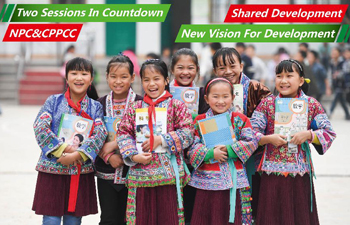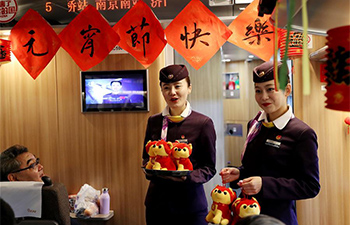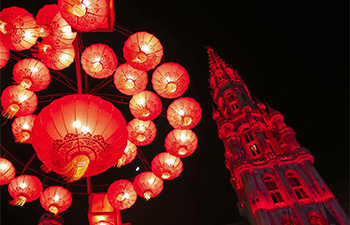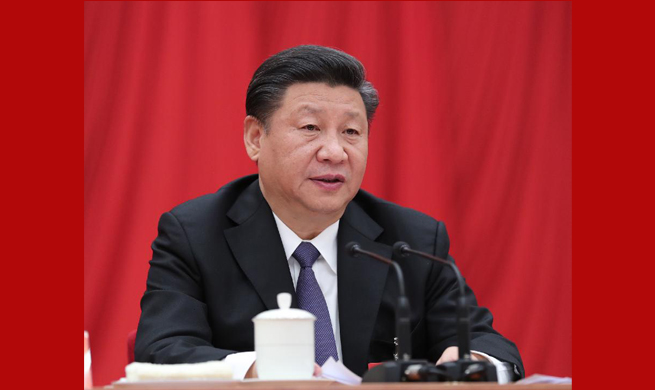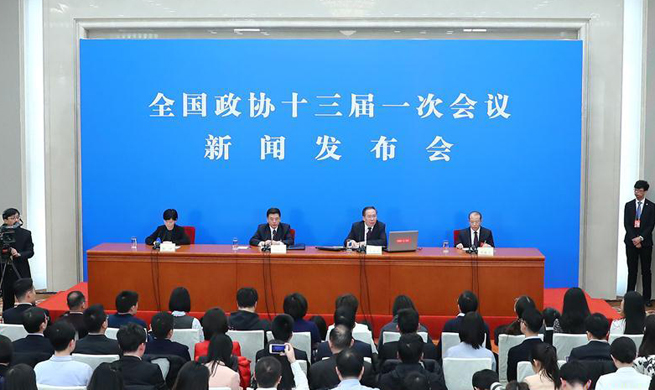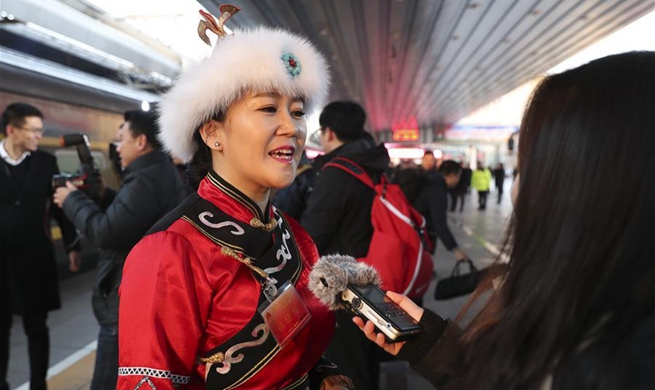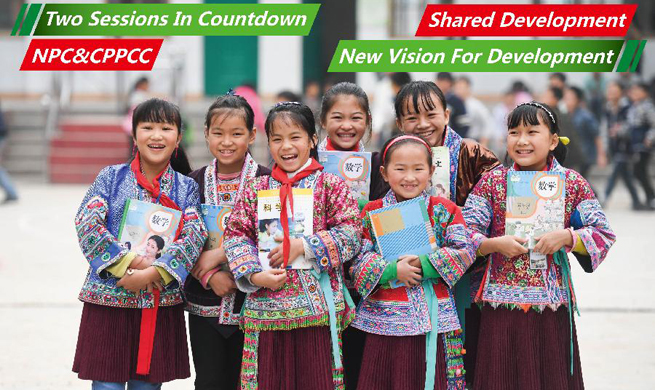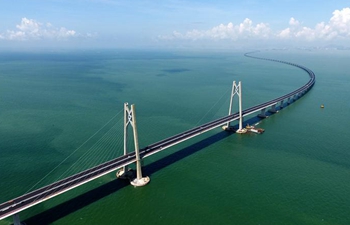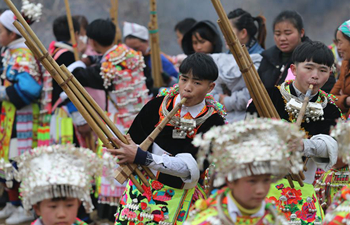BEIJING, March 2 (Xinhua) -- The Belt and Road Initiative should not be likened to neocolonialism, an expert said on Friday.
"There is a fundamental difference," said Zhang Yuyan, a national political advisor, refuting western media reports that equated China's overseas infrastructure deals and industrial cooperation with neocolonialism.
"The Belt and Road Initiative seeks mutual benefits and sustainable cooperation, rather than the predatory exploration," said Zhang, also director of the Institute of World Economics and Politics.
"Chinese businesses care about local sustainable development and have actively fulfilled their social responsibilities," he said, noting that in many cases, investment from China facilitates efforts of host countries to build their own industrial system.
Zhang cited a joint-venture oil refinery in an African country that reduced local reliance on imports. "We not only invested in crude oil exploration but helped local companies erect an oil refinery that can satisfy up to 80 percent of the country's demand for petroleum products."
Chinese companies have built 75 zones for economic and trade cooperation in 24 countries along the Belt and Road routes, contributing more than 2.21 billion U.S. dollars of taxes and creating almost 209,000 local jobs.
The Belt and Road Initiative, proposed by China in 2013, aims to build trade and infrastructure networks connecting Asia with Europe and Africa based on ancient land and maritime trade routes. It has been dubbed as the Chinese solution to unbalanced world development.
The Belt and Road Initiative is in line with the United Nations Sustainable Development Agenda for 2030 that aims to eliminate abject poverty around the world. "It will bring more benefits and opportunities to regions along the routes and prompt sustainable and inclusive global growth," Zhang said.
The first session of the 13th National Committee of the Chinese People's Political Consultative Conference, the top political advisory body, will start Saturday.





